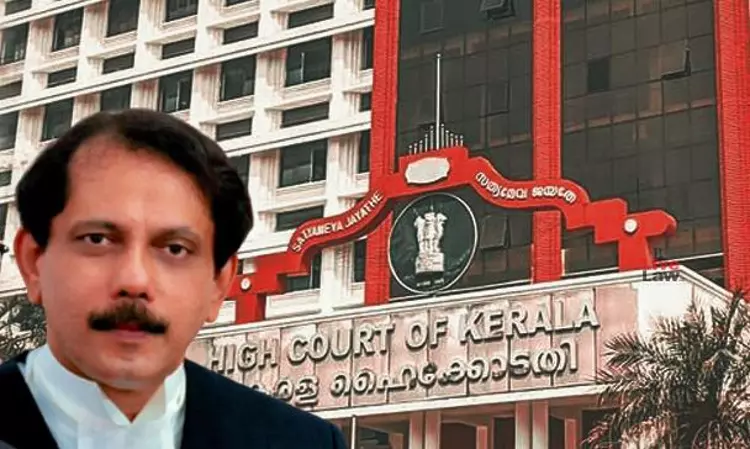Lacuna In Arbitration Act Needs To Be Plugged: Kerala High Court On Non-Execution Of Decade Old Foreign Award
Sheryl Sebastian
8 Feb 2023 2:42 PM IST

Next Story
8 Feb 2023 2:42 PM IST
The Kerala High Court on Tuesday expressed its displeasure at the non-execution of an arbitration award passed by Combined Edible Nut Trade Association (CENTA), London that had been pending for over 10 years. Justice C S Dias, while hearing a revision petition filed by the petitioner on the grounds that he had no means to pay the arbitral award, said: “Both sides are playing the blame...
